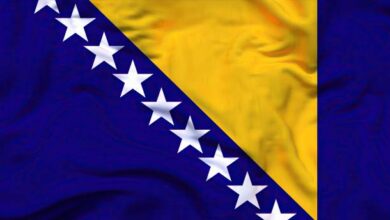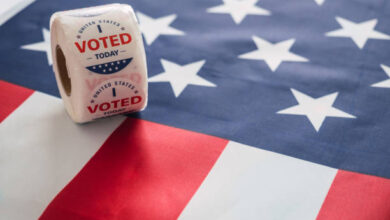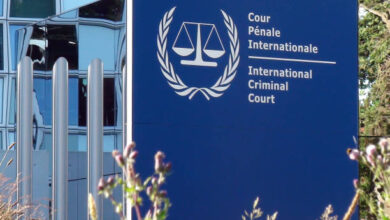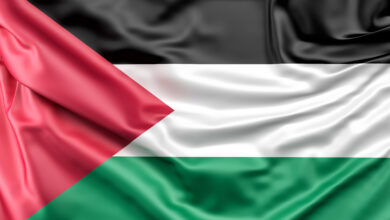Sports-washing, for crimes against humanity
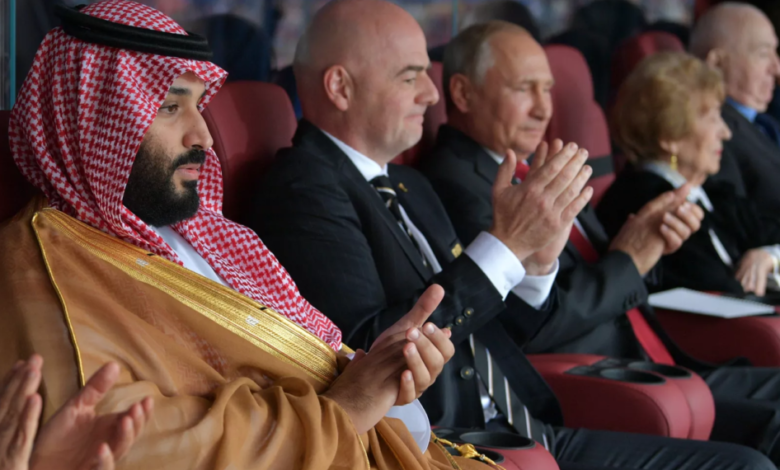
Sports-washing has been a term coined to explain how authoritarian governments have been using sports mega events like the Olympic Games or the FIFA World Cup to increase their soft power by using them to showcase their countries on a global stage, attract investment, promote tourism and temporarily silence criticism against these countries (Jiménez-Martínez and Skey, 2018).
Nevertheless, the relationship between authoritarian governments and sports is not a new one, instead authoritarian regimes have been using sports in one way or another for decades, for instance, the 1934 World Cup in fascist Italy or the 1936 Summer Olympic Games in Berlin under the Nazi Regime, where sports were used in a propagandistic manner in order to boost national pride or showcase the regime’s ideals (De Waele and Trif, 2020). In recent years there has been an increase by authoritarian regimes in the use of sports, for instance by Russia in the 2018 World Cup or China in the 2008 Summer Olympics in Beijing. Nowadays, however, sports are used by authoritarian regimes as a way of portraying themselves in a different light, instead of being showcased as lacking human rights, they are shown as modern international countries who are capable of organising these huge events, which are followed by billions of people (Jiménez-Martínez and Skey, 2018).
Furthermore, the Gulf countries have been the ones with the most examples of sports-washing. The prime example of this has been Qatar, who will be hosting the FIFA World Cup in 2022 but who has also bought Paris Saint-Germain and have made them content for the Champions League since or the United Arab Emirates buying Manchester City, who have been able to use the followers that these teams have created to restore their image in the eyes of many (Søyland, 2020). What is more, sports have been used by authoritarian regimes in moments of heavy criticism against them, like for instance Saudi Arabia after the murder of Washington Post columnist Jamal Khashoggi increased heavily its participation in sports, like for instance hosting boxing matches, agreeing a long-term deal with the WWE or hosting the Spanish football Super-Cup (Zidan, 2019). Authoritarian regimes are able to do this, due to the fact that even though, when they are granted these events there is an initial wave of criticism, examples like the FIFA World Cup in Russia has shown that when the football begins the attention focus shifts completely from the criticism of for instance their conflict with Ukraine or their attacks on political, as well as LGBTQ activists to what was happening on the pitch (Jiménez-Martínez and Skey, 2018).
Nevertheless, even though the examples show that it is very difficult, under the right circumstances the exposure that a mass sporting event gives can facilitate democratic changes. The best example for this is South Korea, where international pressure, media attention, and domestic mobilisation happened and combined with the pressures that were established by the IOC and the different countries that attended the 1988 Summer Olympics in Seoul resulted in the demonstrations that lead to the end of the dictatorial regime of Chun Doo Hwan (Lord, 2014). However, this is not the only example as it has been widely argued that the 1978 FIFA World Cup in Argentine was a crucial factor for the democratisation of Argentina in the next decade (Lord, 2014). What is more, even the actions that the athletes make can have a huge impact and transcendental effects on culture and society, like for instance Muhammad Ali refusing the draft for the Vietnam War or Nelson Mandela wearing the Springbok rugby jersey during the Rugby World Cup of 1995 (Roan, 2015). Moreover, these events also give the people from these countries a better chance to voice their opinion, mainly because of the fact that there is a far greater number of media covering the event, but also because it is incredibly difficult for the regime to control what happens inside the stadiums, thus in spite of the fact that these mass events give the chance to authoritarian regimes to wash their image, it also gives the chance to its population to broadcast their situation to the whole world in a way that would otherwise be impossible (Kristof, 2021).
It is also true that sports-washing is not always effective and that it is not always so simple for authoritarian regimes to get into sports and have a positive outcome, since it has been widely argued that the negative spotlight that Qatar is receiving from hosting the 2022 FIFA World Cup outweigh the positive effects of sports-washing. Qatar has been recently incredibly criticised from its Kafala system and their treatment of migrant workers, which has led to important images like the Norwegian or German national teams showing their criticism before matches, which has had an important cost in terms of reputation for Qatar (Søyland, 2020). Therefore, even though sports-washing may be inevitable, it can also lead to positive changes in the host countries. Furthermore, in order to achieve this, organisations like the IOC or FIFA, as well as, the different countries that take place in the events have to use their platform to allow the conditions that would lead to these changes to happen, like in Argentina or South Korea. What is more, athletes should also be empowered to speak their mind, due to the fact that they attract a lot of eyes and therefore they can make a problem get incredible notoriety (Kristof, 2021).
Bibliography:
- Albert, L. and Grix, J. (2018), The Mixed Record of Sports Diplomacy (Council on Foreign Relations, Interview by Eleanor Albert. Interviewee: Jonathan Grix).
- Carrard, F. (2011), Sports and politics on the international scene (Rivista Di Studi Politici Internazionali, 78(1 (309)), 25-32. Retrieved April 15, 2021, from http://www.jstor.org/stable/42740993 ).
- De Waele, J-M. and Trif, A. (2020), Introduction: soccer under authoritarian regimes, Soccer & Society (21:6, 625-628, DOI: 10.1080/14660970.2020.1775048).
- Ellis, J. (2020), Sportswashing and Atrocity: The 1978 FIFA World Cup (Yet Again).
- Jiménez-Martínez C. and Skey, M. (2018), How repressive states and governments use ‘sportswashing’ to remove stains on their reputation (The Conversation).
- Kristof, N. (2021), Here’s How to Handle the ‘Genocide Olympics’ in Beijing. The Olympiad gives us leverage. Let’s use it. (The New York Times).
- Lord, A. (2014), A Game Changer; Mega-Sporting Events, Illiberal Regimes, and Political Liberalization (New York, CUNY City College).
- Roan, D. (2015), Democracy in sport: An uneasy relationship with politics (BBC Sport).
- Søyland, HS (2020), Qatar’s sports strategy: A case of sports diplomacy or sportswashing? (University Institute of Lisbon)
Zidan, K. (2019), Sportswashing: how Saudi Arabia lobbies the US’s largest sports bodies (The Guardian).
